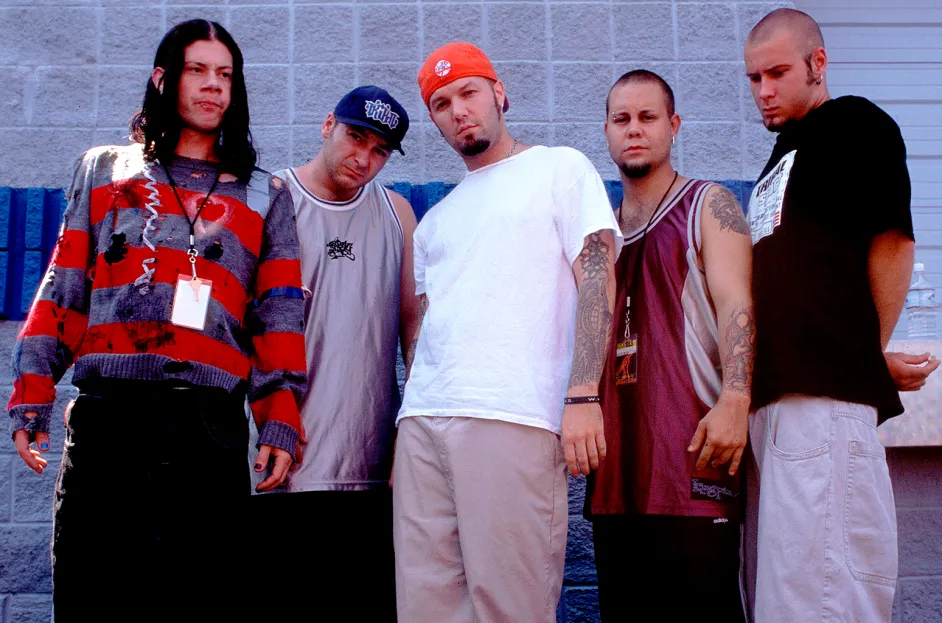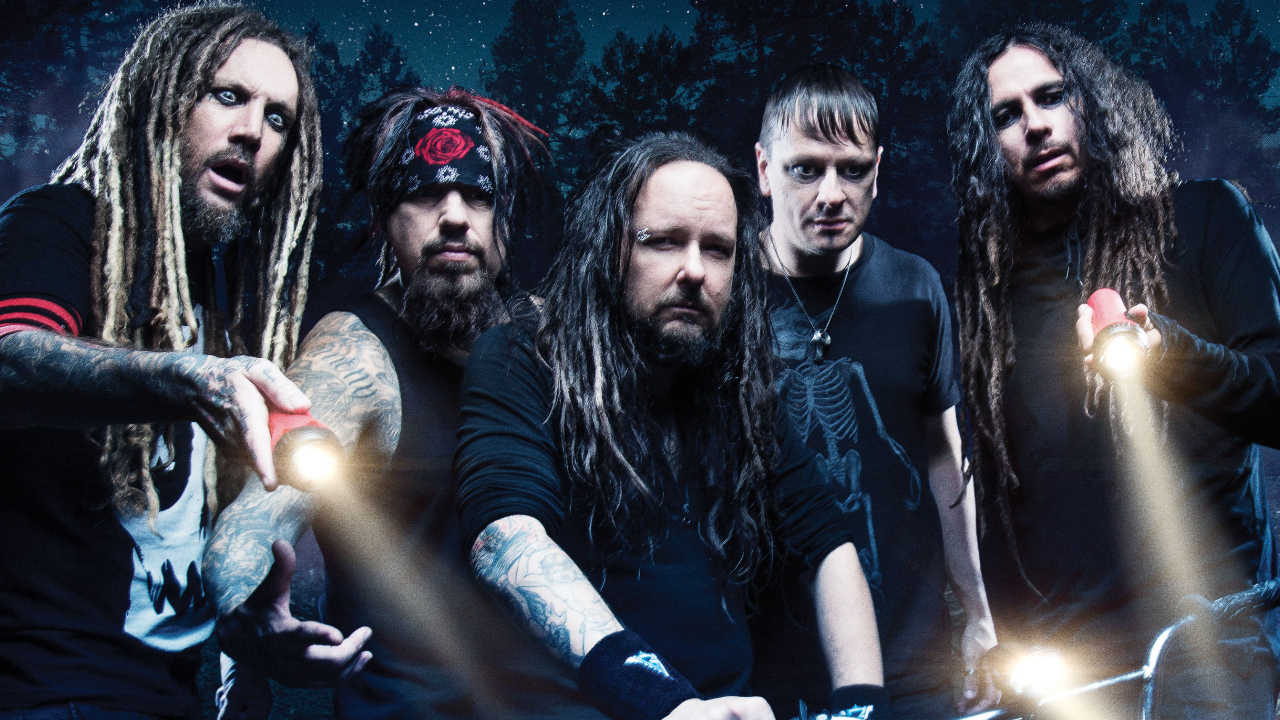Nu-Metal: The Powerful Contrast of Limp Bizkit and Korn

Limp Bizkit: The Soundtrack of Controlled Chaos
Limp Bizkit’s rise to stardom was nothing short of meteoric. While they often faced criticism for their abrasive style and Fred Durst’s provocative antics, their impact on mainstream music in the late ’90s and early 2000s is undeniable.
Fred Durst’s Persona and Lyrical Themes: Durst’s “brash vocals” and often sarcastic, defiant lyrics tapped into a vein of youthful frustration and rebellion. While some critics viewed it as misogynistic or lacking depth, for many, it resonated as a cathartic outlet for their own angst. The “intentional silliness” Fred Durst himself mentioned in some of their songs was often lost on a public that took their rebellious image very seriously.
Wes Borland’s Artistic Vision: Your mention of Wes Borland’s “inventive riffs” is key. His experimental guitar work, incorporating elements of noise, industrial, and even funk, was a major differentiator. His bizarre costumes and unpredictable stage presence also added a unique visual flair that set Limp Bizkit apart.
Hip-Hop Integration: Limp Bizkit pushed the boundaries of rap-rock, seamlessly blending Durst’s rapping with heavy guitar-driven choruses. Their collaborations with hip-hop artists like Method Man, Lil Wayne, and Snoop Dogg further solidified their crossover appeal and demonstrated the fluidity of their sound. This integration was a defining characteristic of nu-metal, and Limp Bizkit were masters of it.
Commercial Juggernaut: Regardless of critical reception, Limp Bizkit became a massive commercial success. Albums like Significant Other and Chocolate Starfish and the Hot Dog Flavored Water sold millions, making them one of the biggest bands of their era. They were an inescapable cultural phenomenon, whether you loved them or loved to hate them.
Korn: The Architects of Nu-Metal’s Dark Foundation
Korn didn’t just play nu-metal; they largely invented it. Their unique blend of genres and profound emotional depth set the stage for countless bands that followed.
Pioneering Sound: As you noted, Korn truly were “nu-metal pioneers.” Their self-titled debut album in 1994, with its down-tuned, seven-string guitars, funky basslines, and unique blend of metal, hip-hop, and alternative rock, was a game-changer. They created a sonic template that many other bands would adapt.
Jonathan Davis’s Emotional Depth: Jonathan Davis’s “tortured vocals” and “emotional rawness” were central to Korn’s appeal. His lyrics, often dealing with themes of childhood trauma, bullying, and depression, offered a level of vulnerability and introspection rarely heard in heavy music at the time. This raw honesty resonated deeply with fans who found solace and understanding in his cathartic expression.
Atmospheric and Experimental: Beyond the heavy riffs, Korn also brought an atmospheric and experimental quality to their music. They incorporated elements of industrial music and electronica as they evolved, showcasing a willingness to push boundaries beyond just heavy aggression.
Live Performance Powerhouse: Korn quickly gained a reputation for their intense and captivating live performances. Their set at Woodstock ’99 is legendary, and their creation of the “Family Values Tour” in 1998, featuring a diverse lineup of nu-metal, alternative rock, and hip-hop acts, further cemented their leadership in the genre and introduced nu-metal to a wider audience.
Influence on Other Bands: Korn’s influence is evident across the nu-metal landscape. Bands like Limp Bizkit, who were fans of Korn early on, acknowledged their impact. Fred Durst even approached Fieldy with their demo tape, which eventually led to their signing.

The Symbiotic Relationship
You hit on a crucial point: “Korn built the genre’s core; Limp Bizkit made it mainstream.” This distinction is vital. Korn laid the emotional and sonic groundwork, proving that heavy music could be both brutal and deeply introspective. Limp Bizkit then took those elements, amplified the chaotic energy, and injected it into the pop culture zeitgeist, making nu-metal a household name.
While Korn’s sound often felt more musically complex and emotionally charged, Limp Bizkit’s directness and anthemic choruses were undeniably effective in capturing a broader audience. Together, these two “Nu Metal Titans” created a powerful, if sometimes polarizing, legacy that defined a significant era in heavy music.











